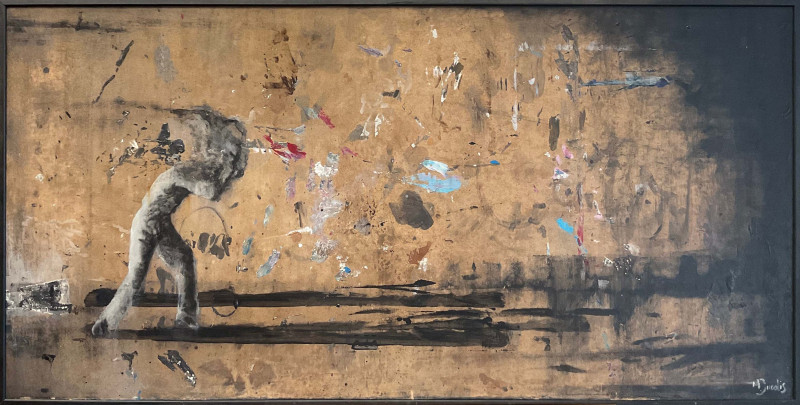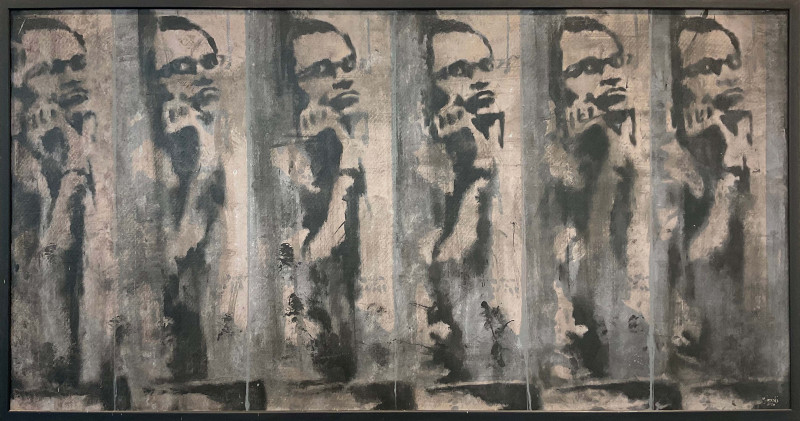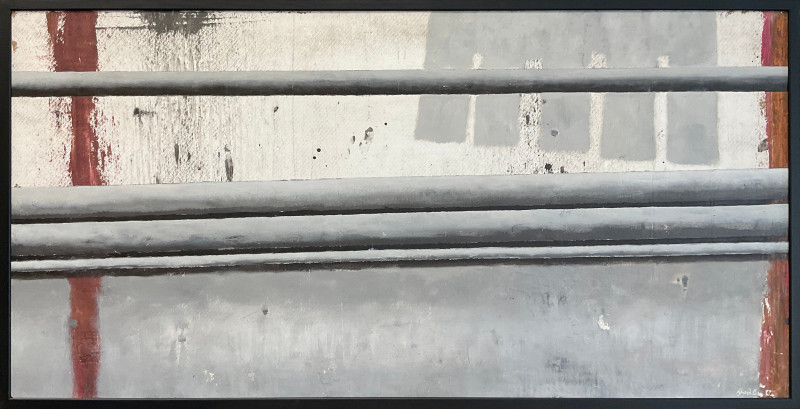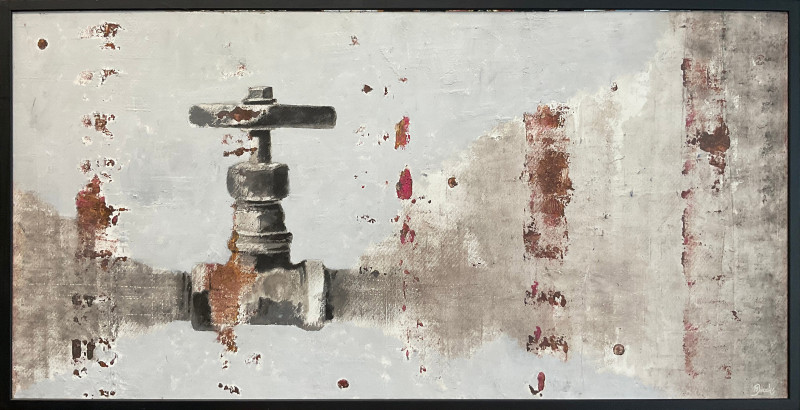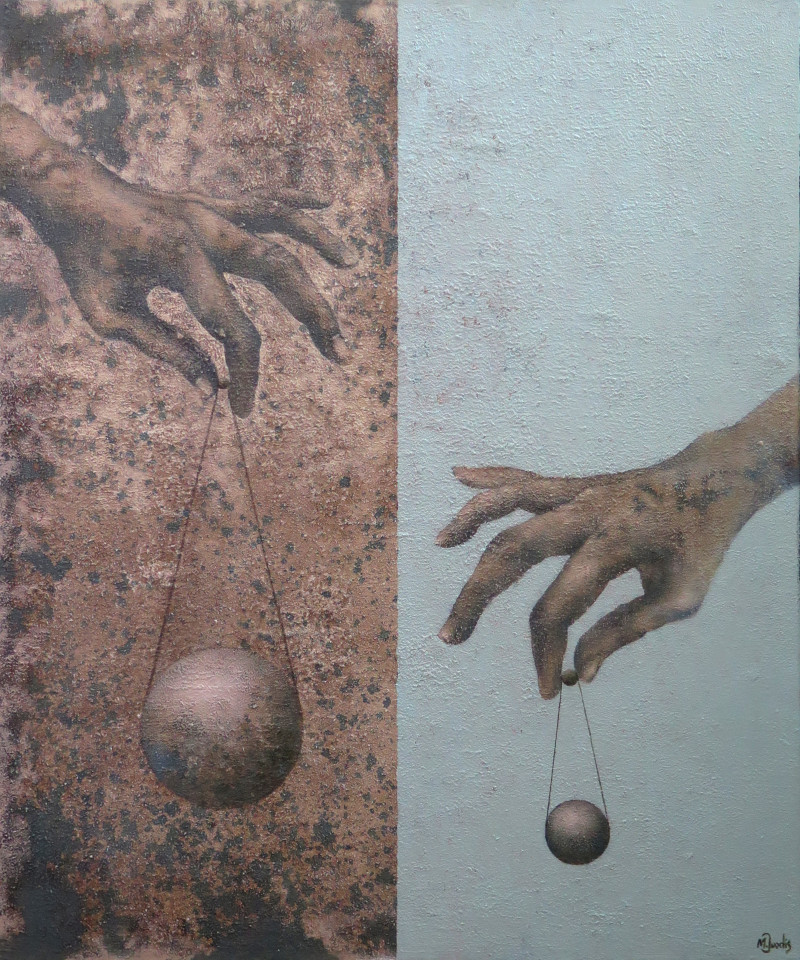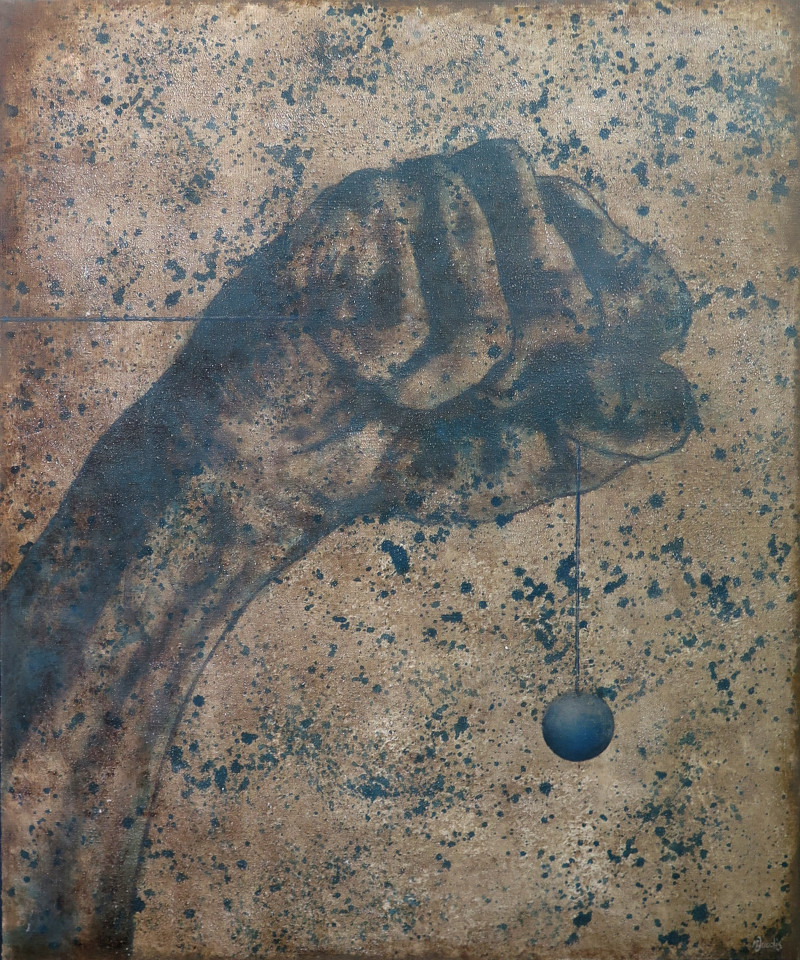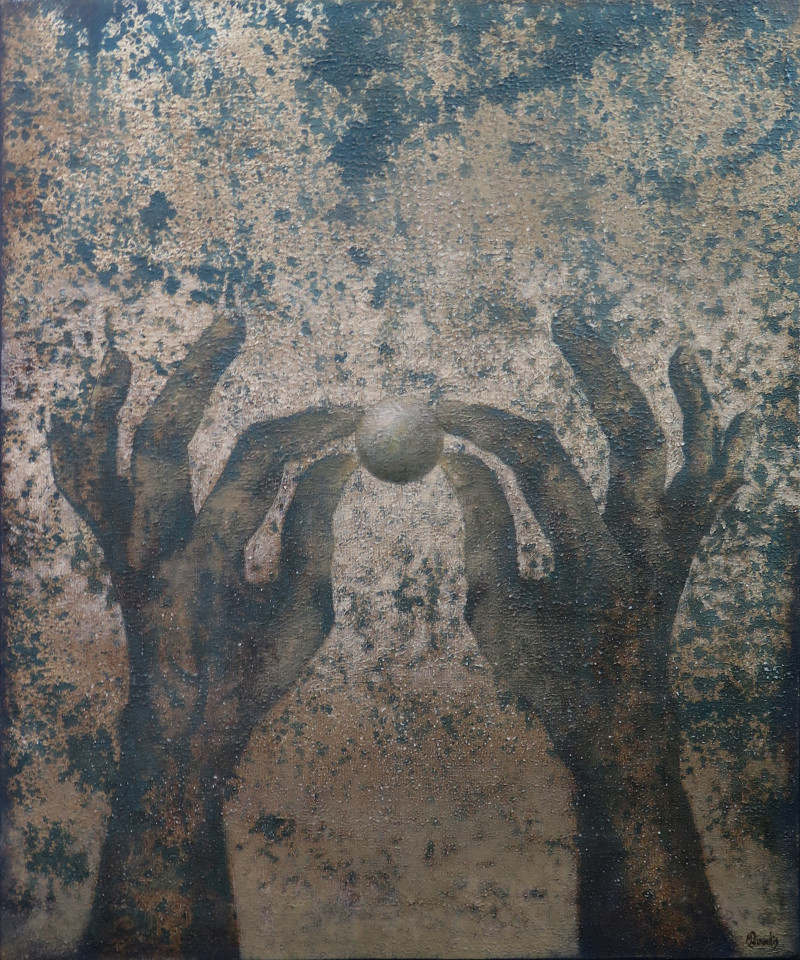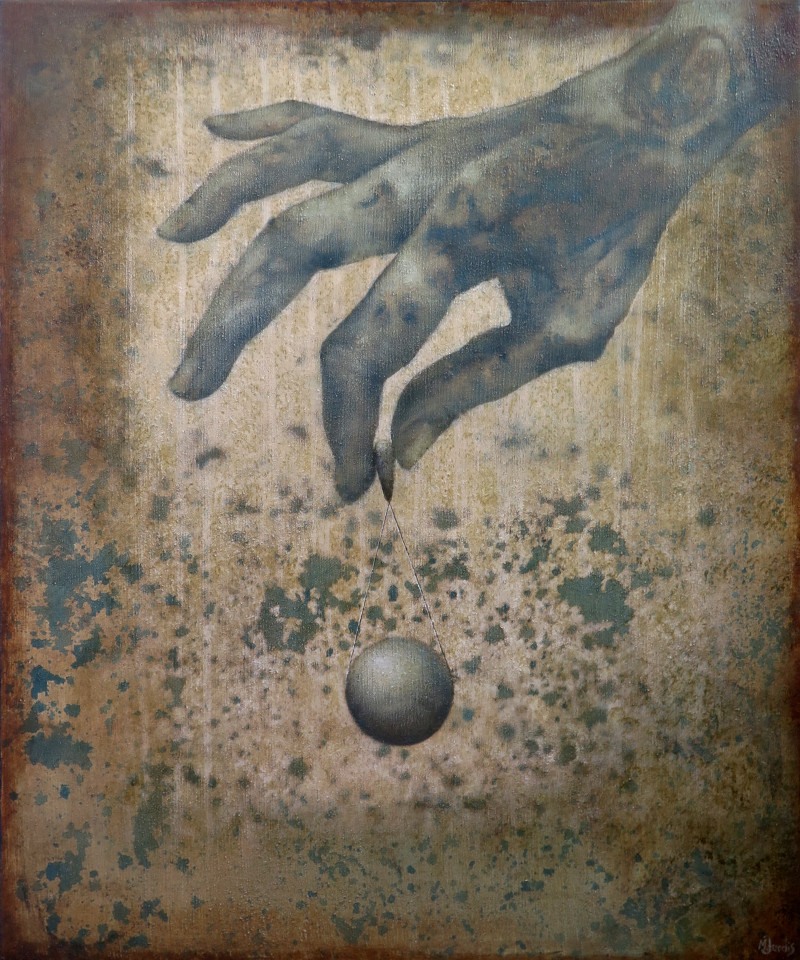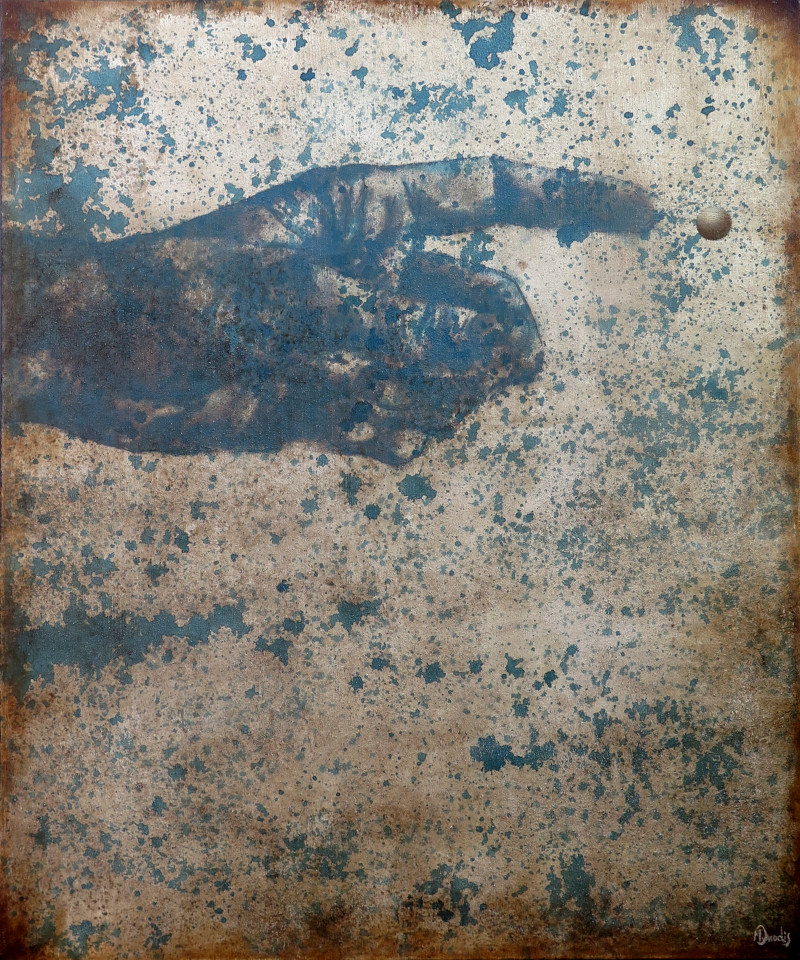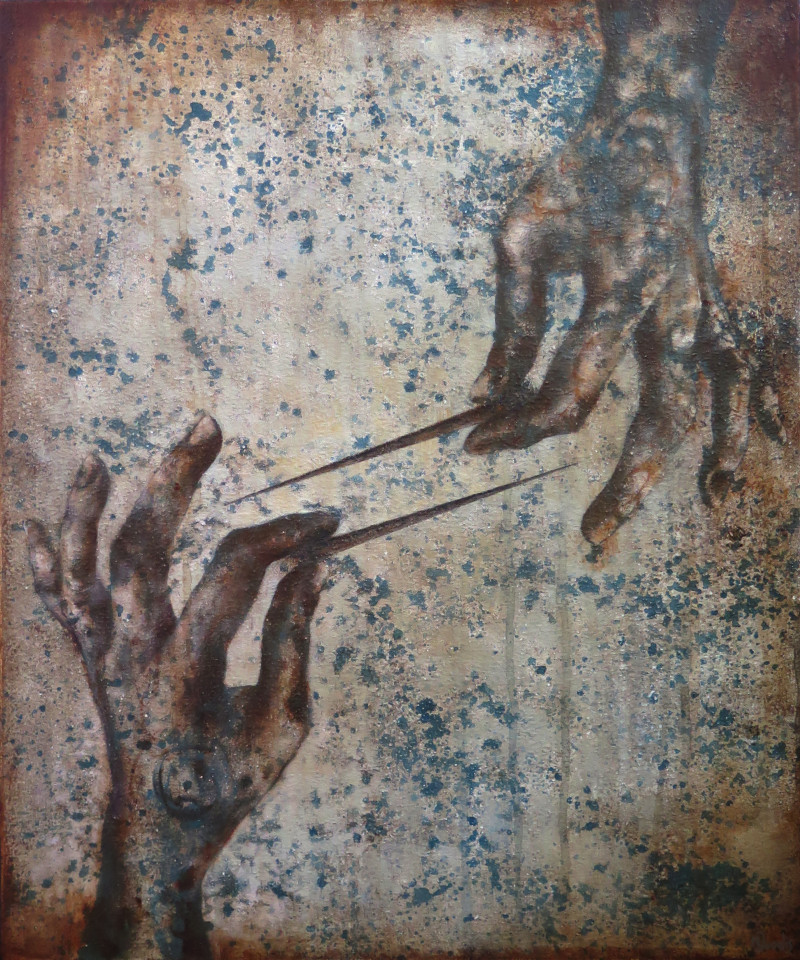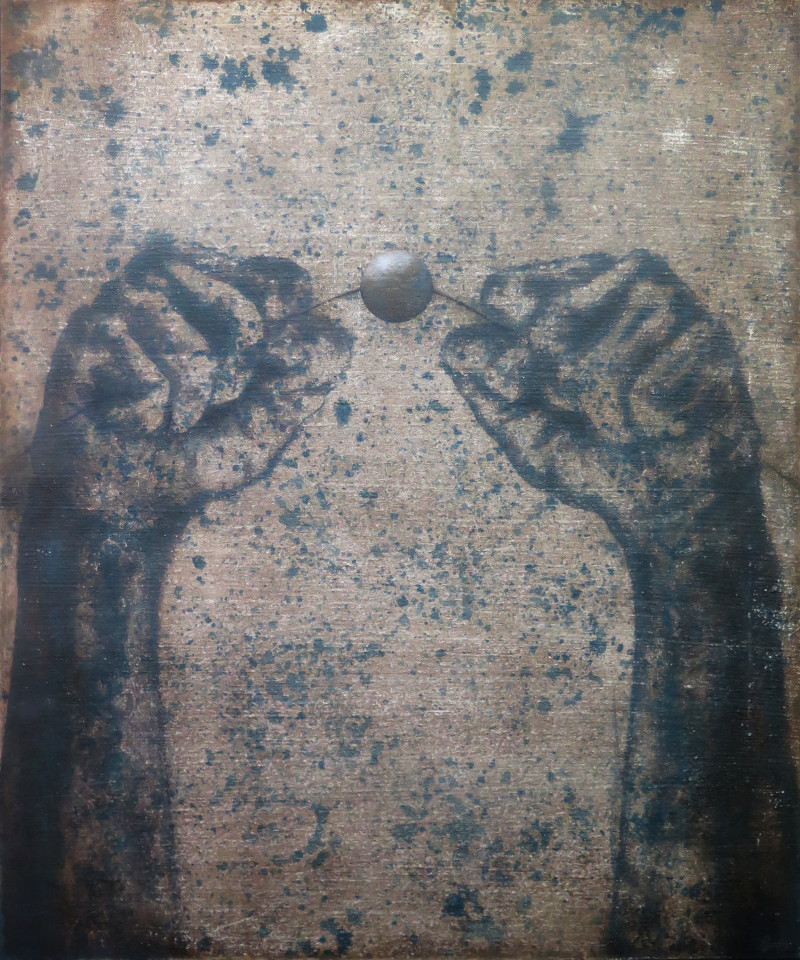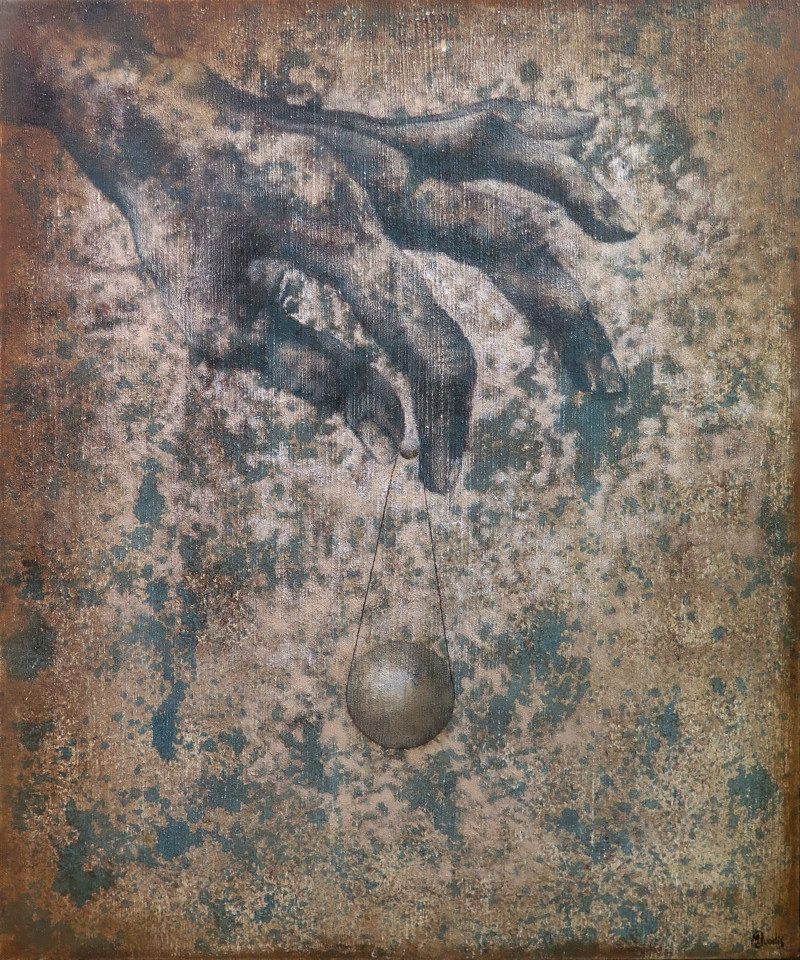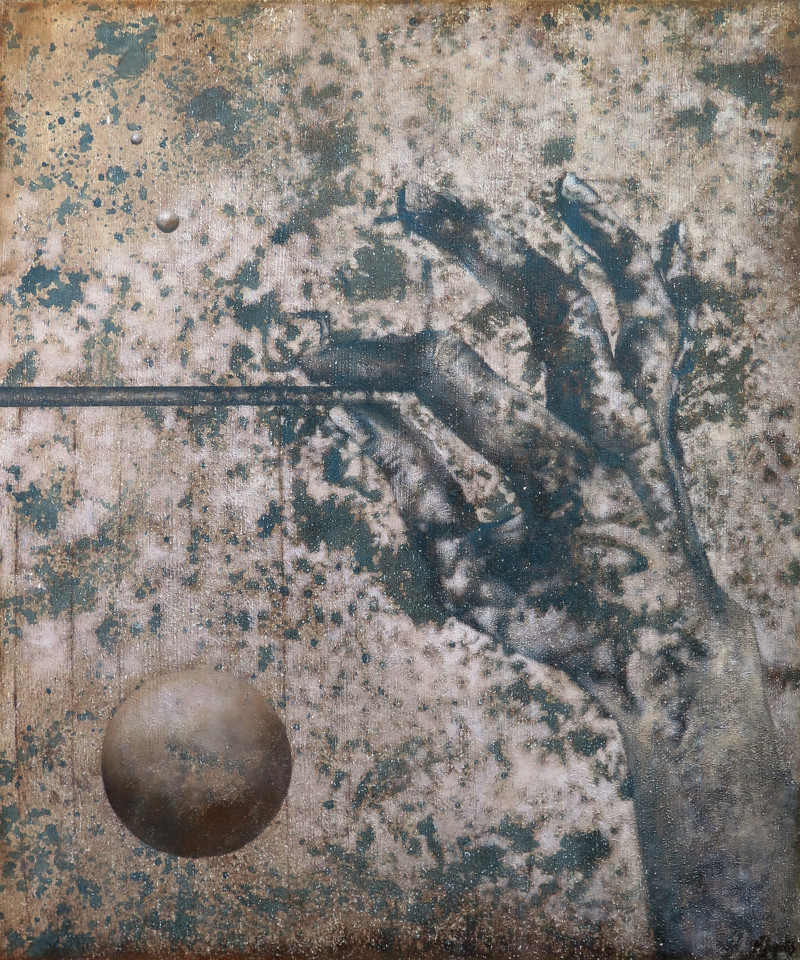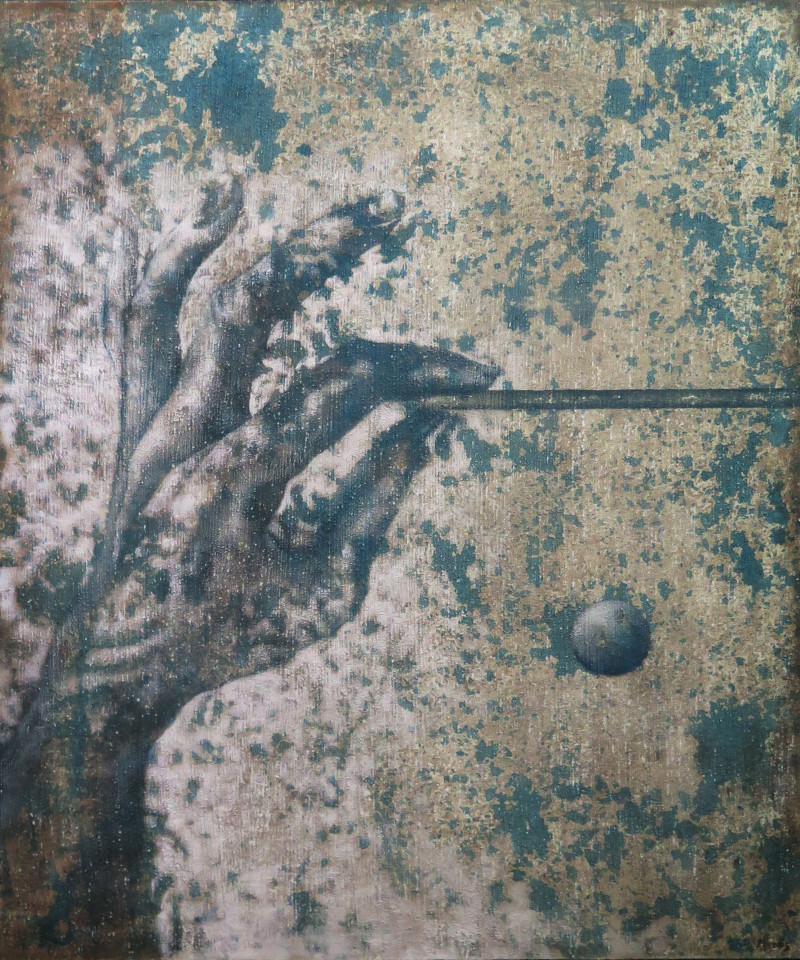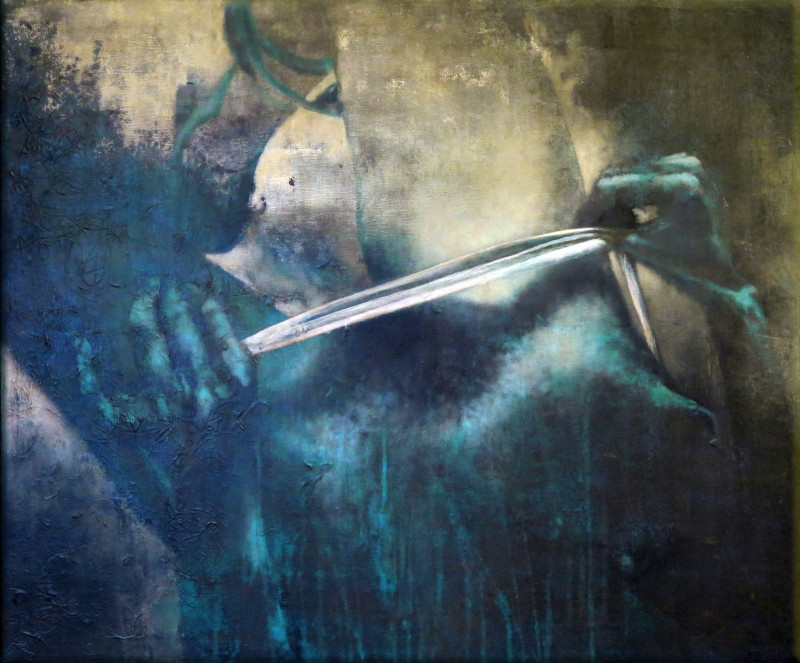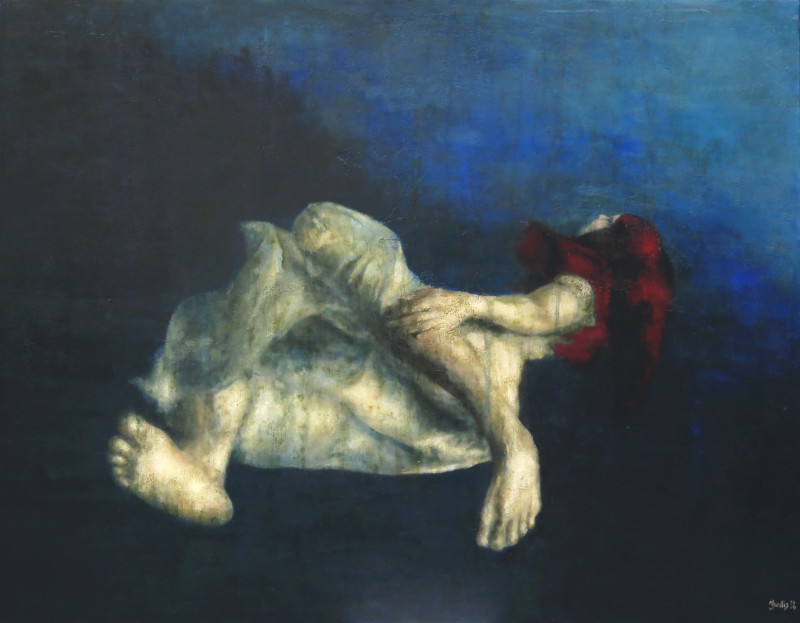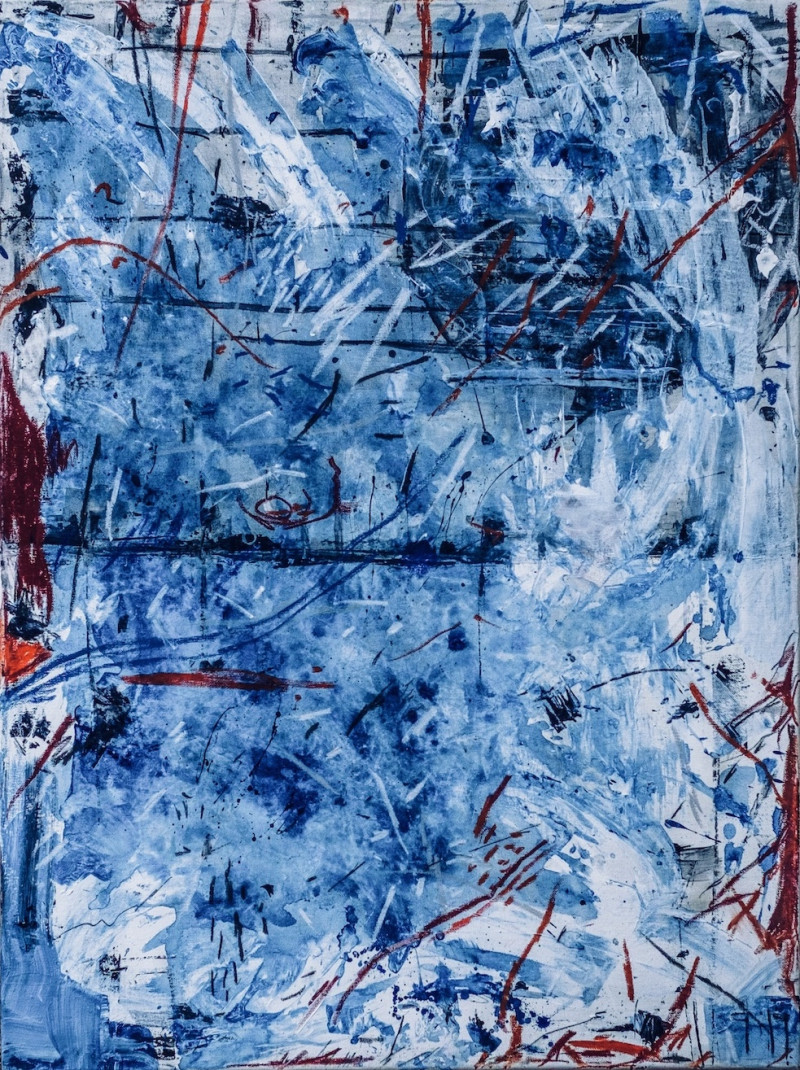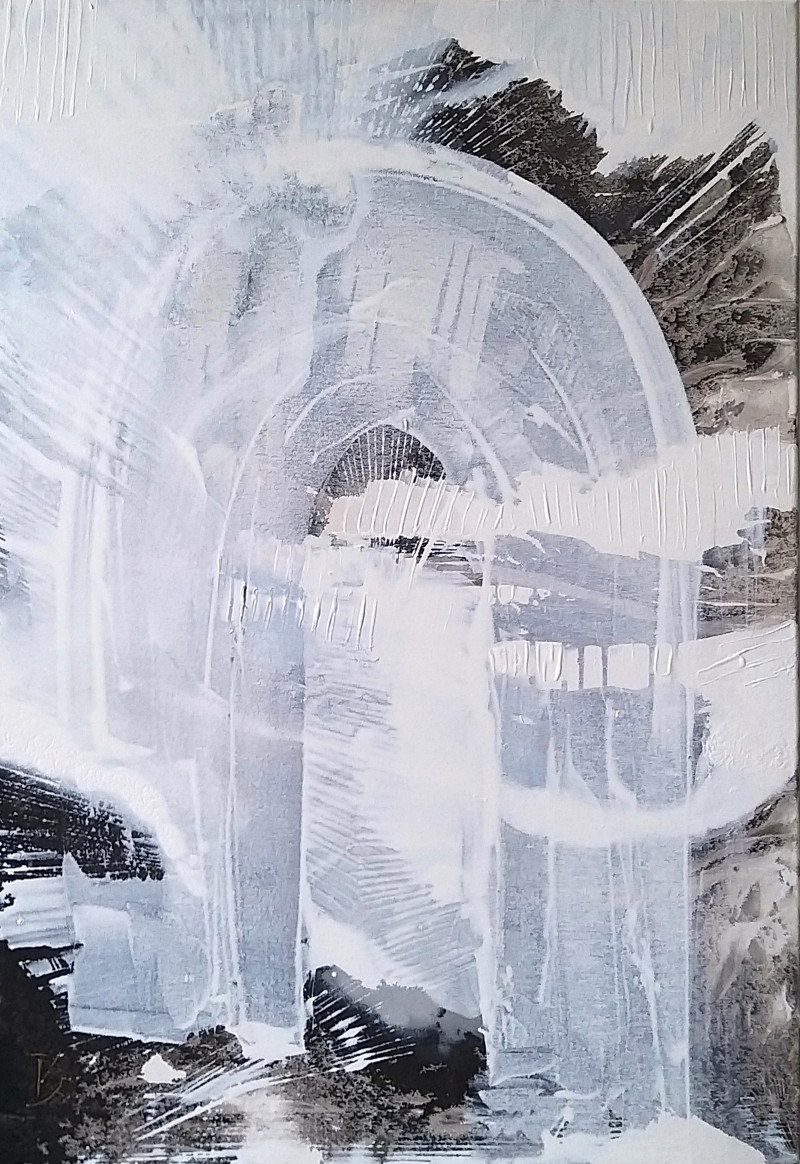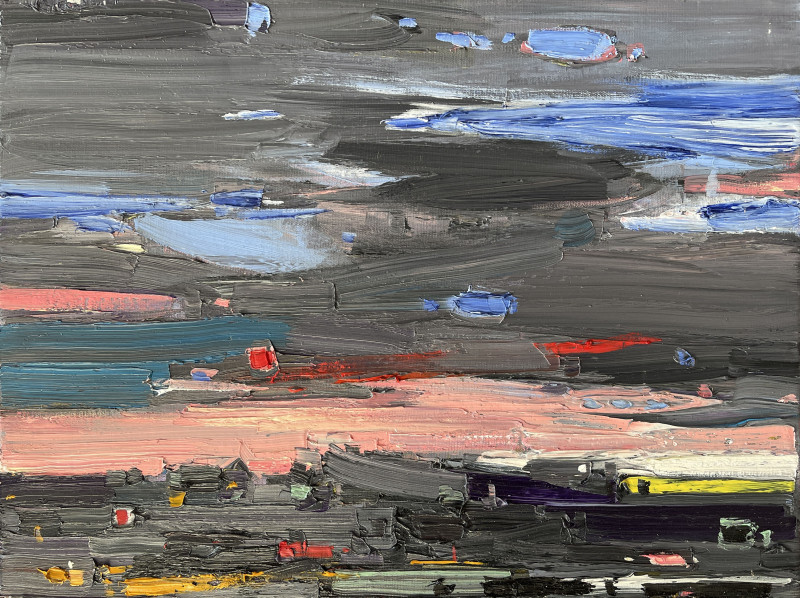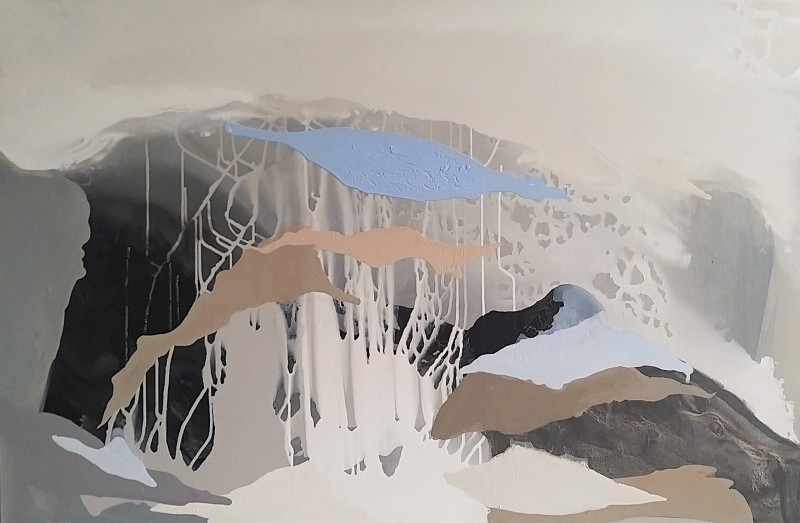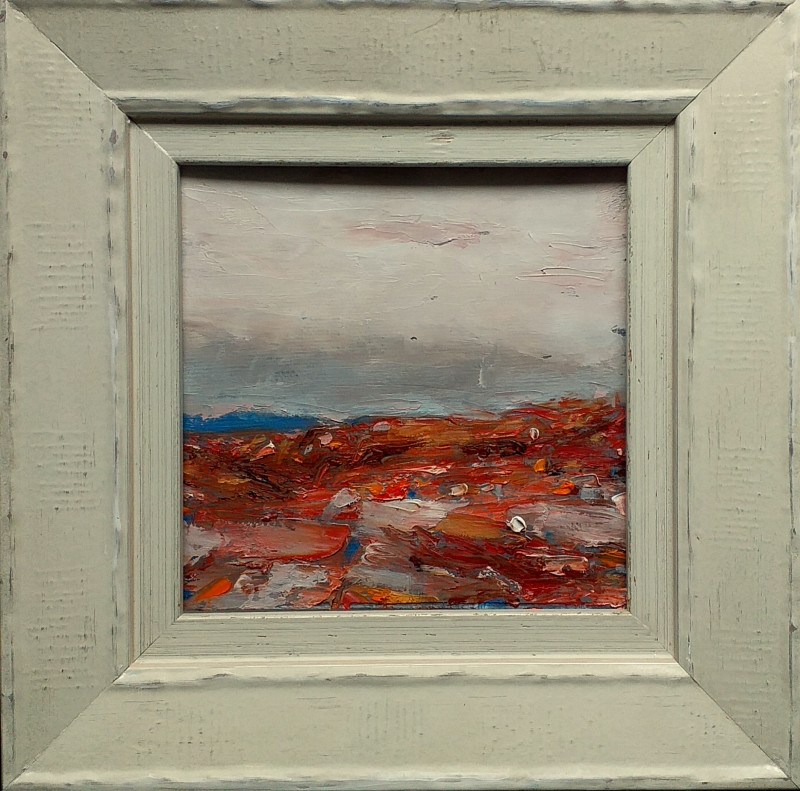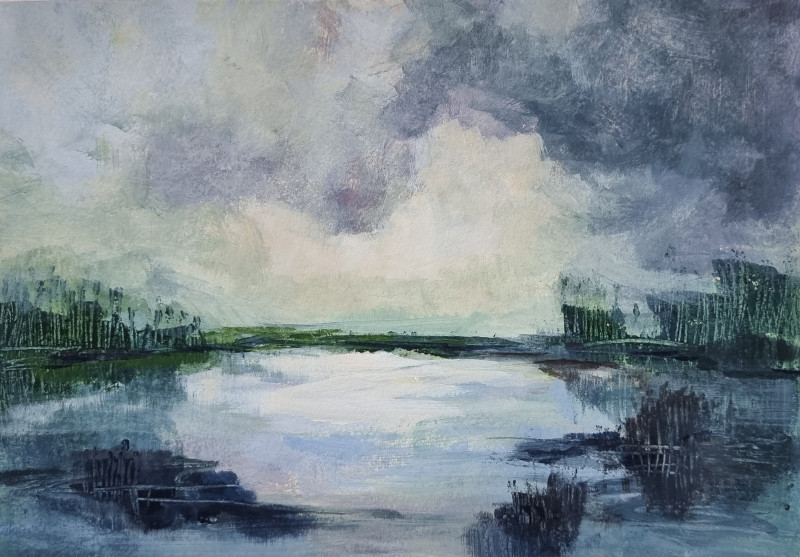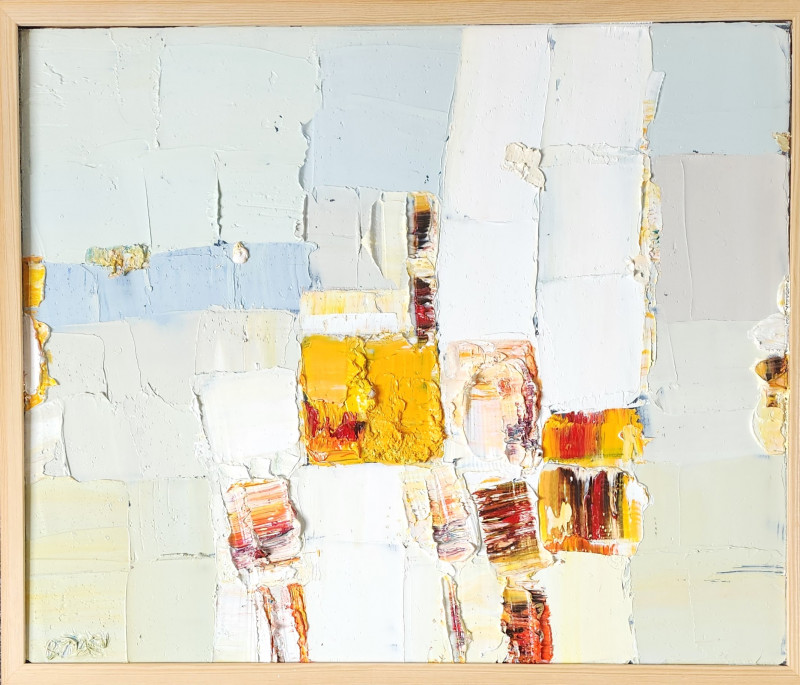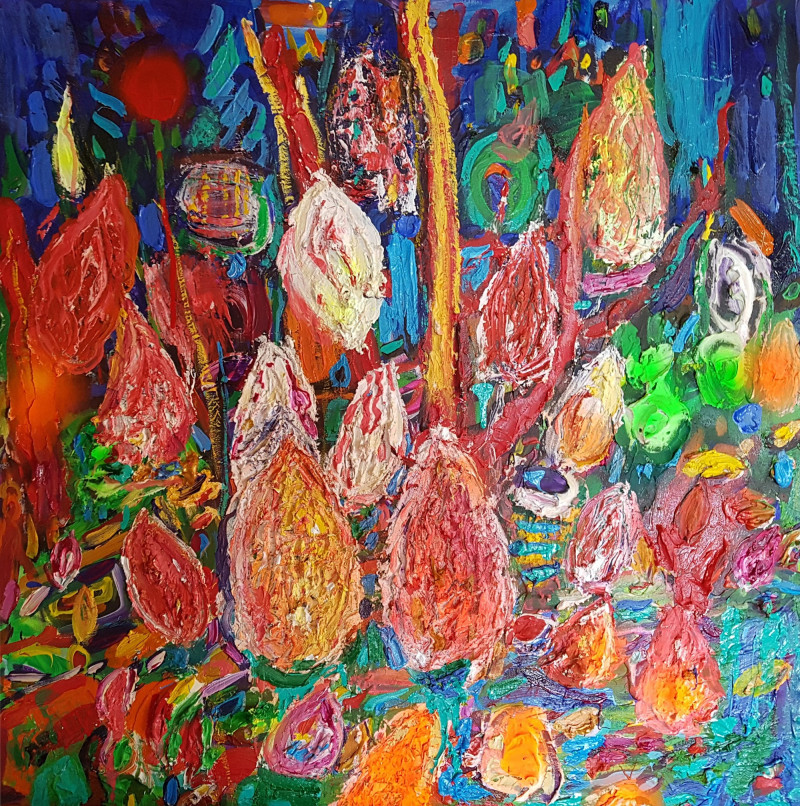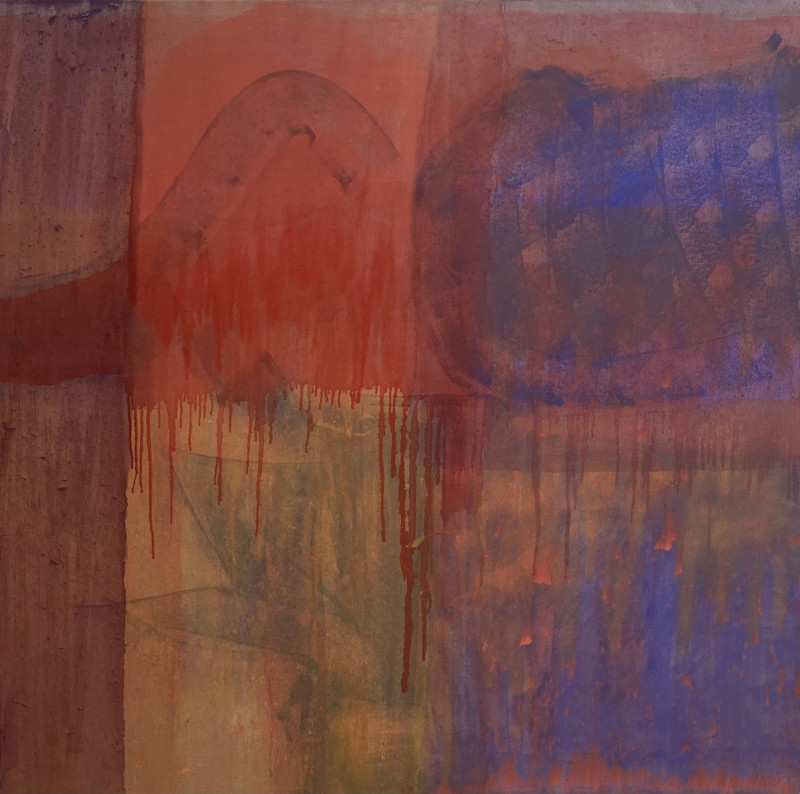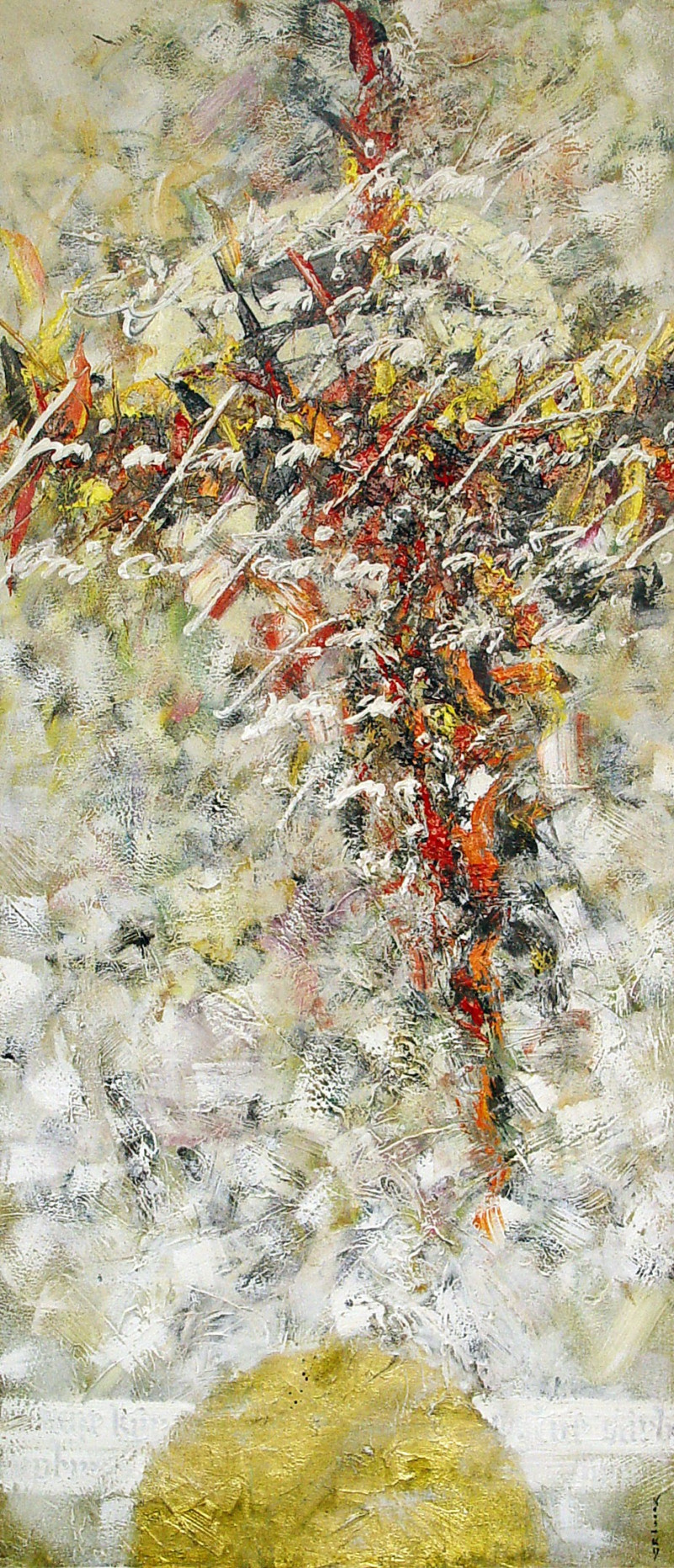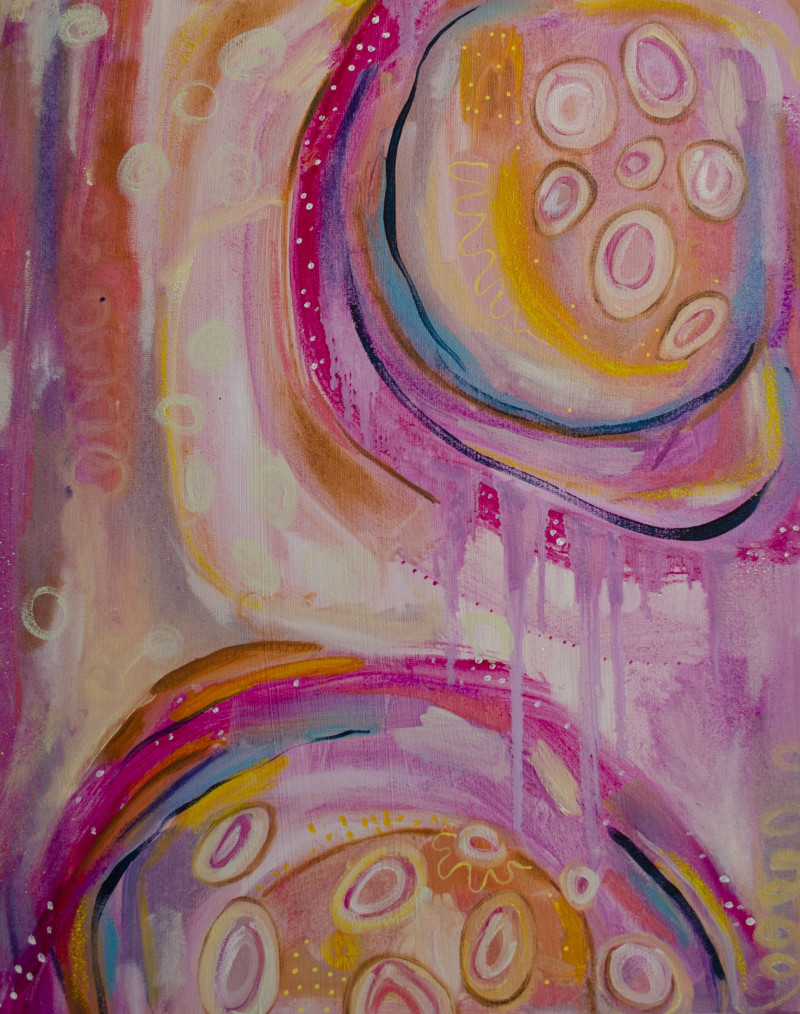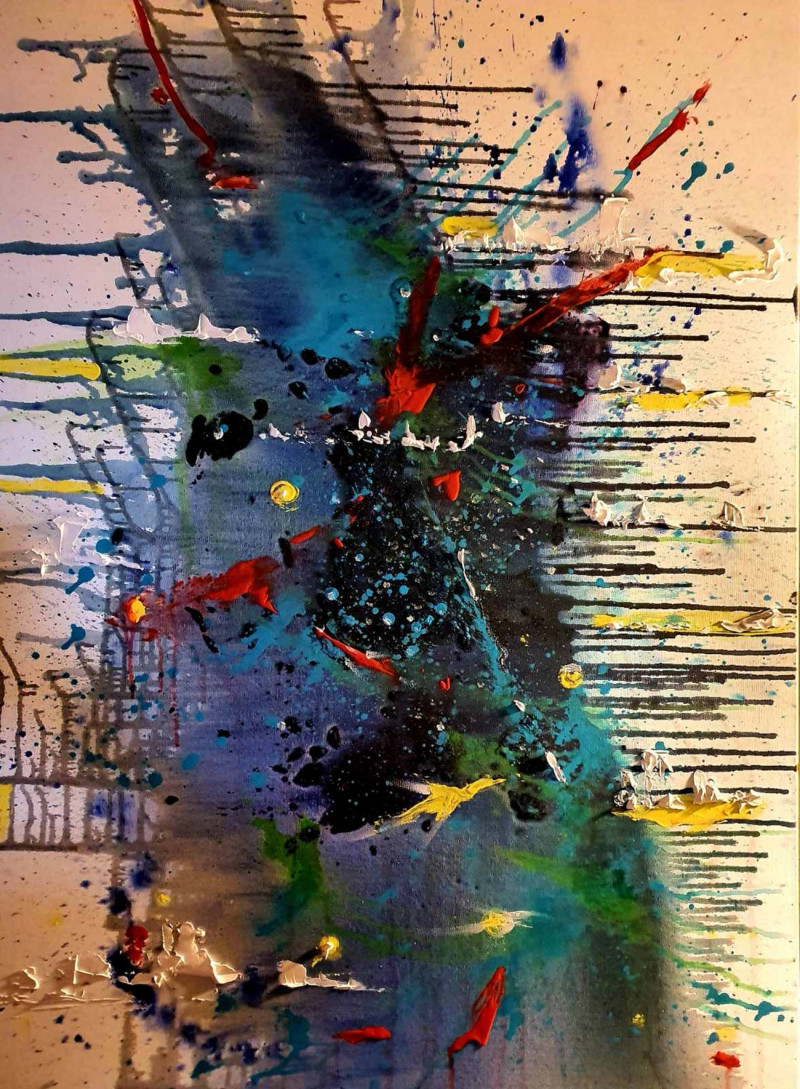Inspiration
Pay now or in 4 installments of 305,00 €
More about this artwork
Shipping
We offer worldwide shipping through TNT / FedEx couriers! For the European Union, expect delivery within 5-7 days right to your doorstep. Every package comes with a tracking number and full insurance for peace of mind. We have experience shipping to nearly every country in the EU, so don't hesitate to reach out if you have any inquiries!
For destinations outside the European Union, shipping typically takes around two weeks or slightly longer, depending on your location relative to Europe. Rest assured, all paintings are securely insured and sent in tracked packages. Please note that additional import taxes may apply for shipments outside the EU, and the recipient will be responsible for these charges. We've successfully shipped paintings to numerous countries worldwide. Should you have any questions, please feel free to contact us at any time!
Return
We gladly accept returns! Ensuring your satisfaction with your purchase is our top priority. You may return items within 30 days of receiving and delivering them. Moreover, understanding that the painting you acquire will likely remain with you for an extended period, we are open to accommodating most returns even beyond the 30-day window.
If you wish to return a painting, please reach out to us, and we will gladly assist you in determining the most efficient solution for shipping and managing the return process!
1cm = 14,5cm
View in Augmented Reality (AR)
Click the "View in AR" button to see how the selected artwork will look in your space using augmented reality! This feature currently works only with Apple devices and the Safari or Chrome browsers. The feature is being tested, so if you have any feedback, we would love to hear it!
Mindaugas Juodis (b. 1970) currently lives and works in Kaunas.
Free and unfettered ideas in his work were determined by self-taught art studies. The author is open to various artistic ideas and realizes his creative ideas using a wide range of means of artistic expression: from performances to musical projects, from jewelry and sculpture to painting.
Since 1996 actively participates and has already held 13 personal paintings and 7 jewelry exhibitions, participated in many different group exhibitions.
Art critic Dr. Dalia Karatajienė describes the artist as follows:
“I do not lie when I call the painter Mindaugas Juodis a painter from Montmartre. Mindaugas participated in the XIX International Art Festival "Šiauliai Republic of Montmartre 2021". It has become a tradition that the festival's artists are usually granted the symbolic citizenship of the Republic of Montmartre at the opening of the festival, obliging them to paint two works in five days in response to the festival's call sign. That's what Mindaugas did.
Although Mindaugas has nothing to do with Paris in the literal sense of the word, it can still be compared to the famous artists. Such a comparison obviously has no (and in the case of art in general cannot have) an evaluative dimension. However, there are parallels that call attention to Mindaugas' work.
After trying out jewelry, which required not only artistic intuition, but also mastery of craft knowledge and skill, Mindaugas turned to painting more and more often. This is back in 2010. In the personal exhibition "Fragments - Jazz" held in Klaipeda, it was more like a graphic talking about colour, which is characterized by the priority of the line over other compositional elements that came from jewelry, therefore it did not reflect much on what Mindaugas has become in recent years. It is true that the tendency to vary anthropomorphic forms in Mindaugas' paintings became apparent at that time. Today, they began to dominate, turning into soft, sensual characters in paintings. The figures of a human, often a woman, in the unspecified background, the feet or hands protruding from the muffled background are composed from such angles as the viewer's gaze perceives as a reference, request, reference, or mysteriously displayed sign.
Because the paintings do not contain details characterizing the place or time of the depicted object, arms, legs, faces, women, the men or individual objects depicted in the paintings are sometimes perceived as non-temporal, universal witnesses of human existence. These elements are composed in the foreground of the paintings, so all the depicted objects are close to the viewers. Given that Mindaugas usually uses colour contrast, combining cold blue with ocher heat, the compositions inevitably become emotionally suggestive, despite the fact that the colour tones are impure, almost extinct, adding dark gray or black colours to the paint, which are mixed with other colours. Forms a blurred, fuzzy and at the same time mysterious image of soluble figures, which does not always have clear lines and boundaries.
Because of the colour thus used, figures physically close to the viewer are perceived as distant, archaic, time-affected shapes. Like any ambiguity, this state of closeness and inaccessibility depicted in Mindaugas' paintings is alluring, giving even a certain sense of eternity. After all, the shapes of paintings are modeled without showing the source of light that forms them - it can only be perceived as a timeless light that prevents human figures or their parts from finally disappearing into the darkness of non-existence. All this speaks to the positive, humanistic creative attitude of the artist, which, in the face of events, gives the opportunity to believe that Mindaugas' works, like the creative spirit of Montmartre, are destined to survive. Not only physically, but also in the memory of the field of culture and art. Let's see. ”
TOP 15

